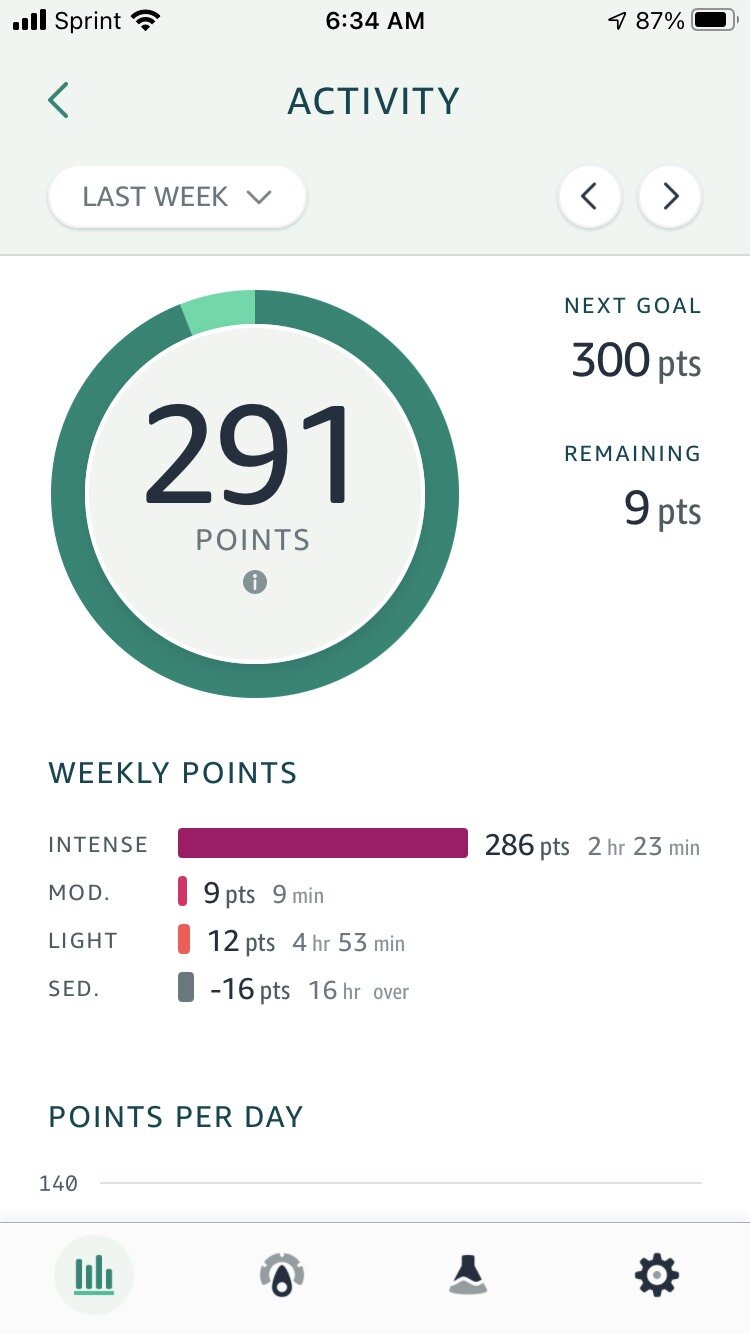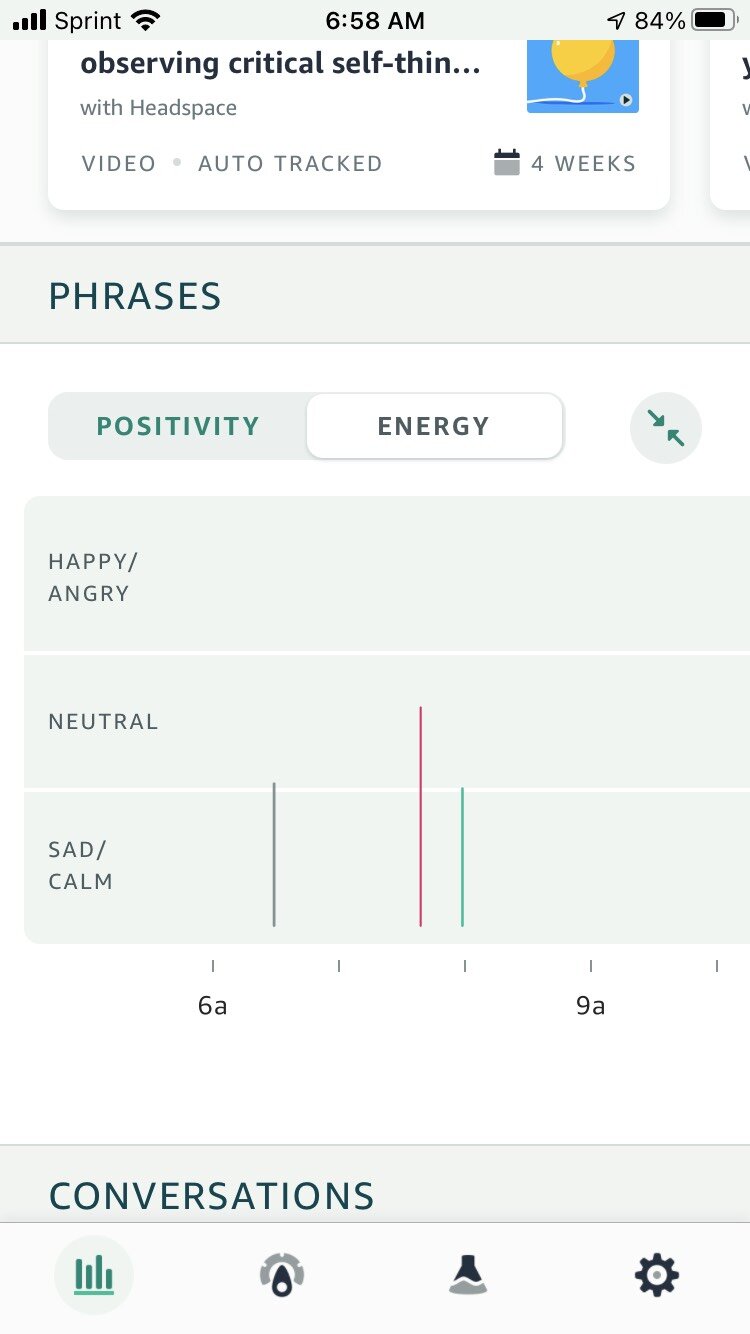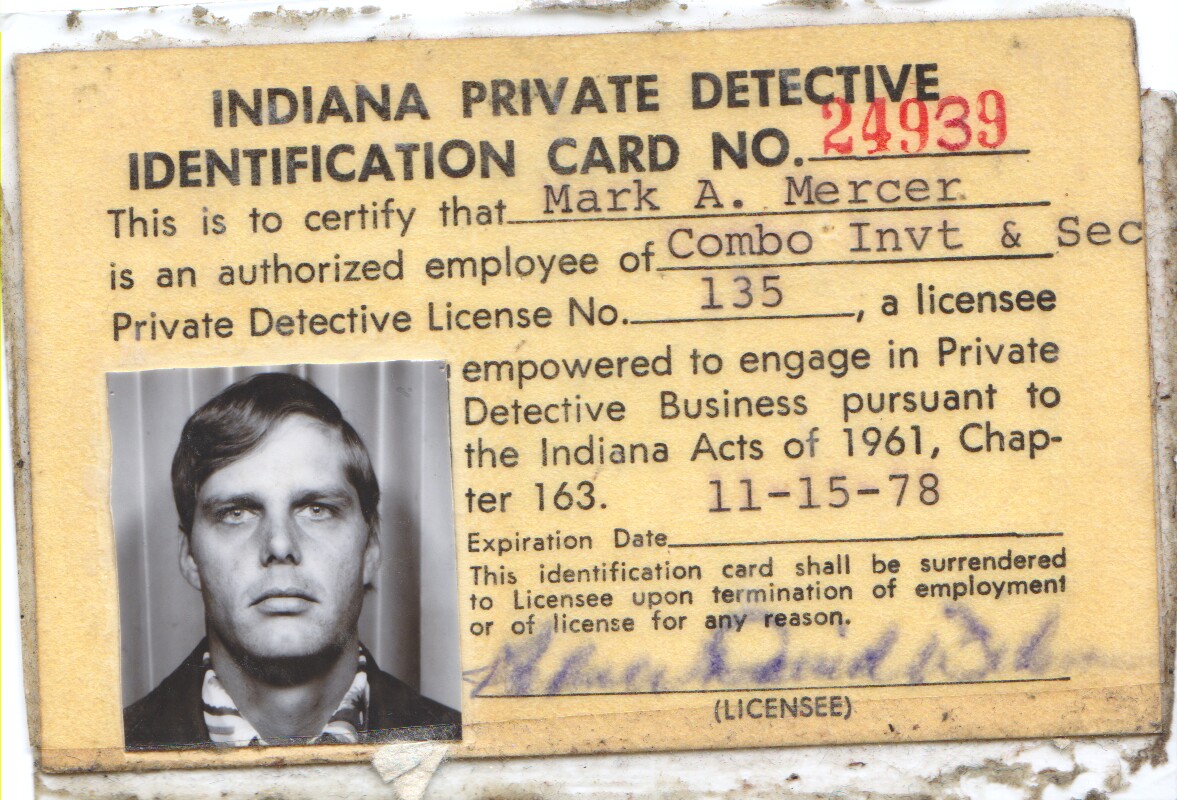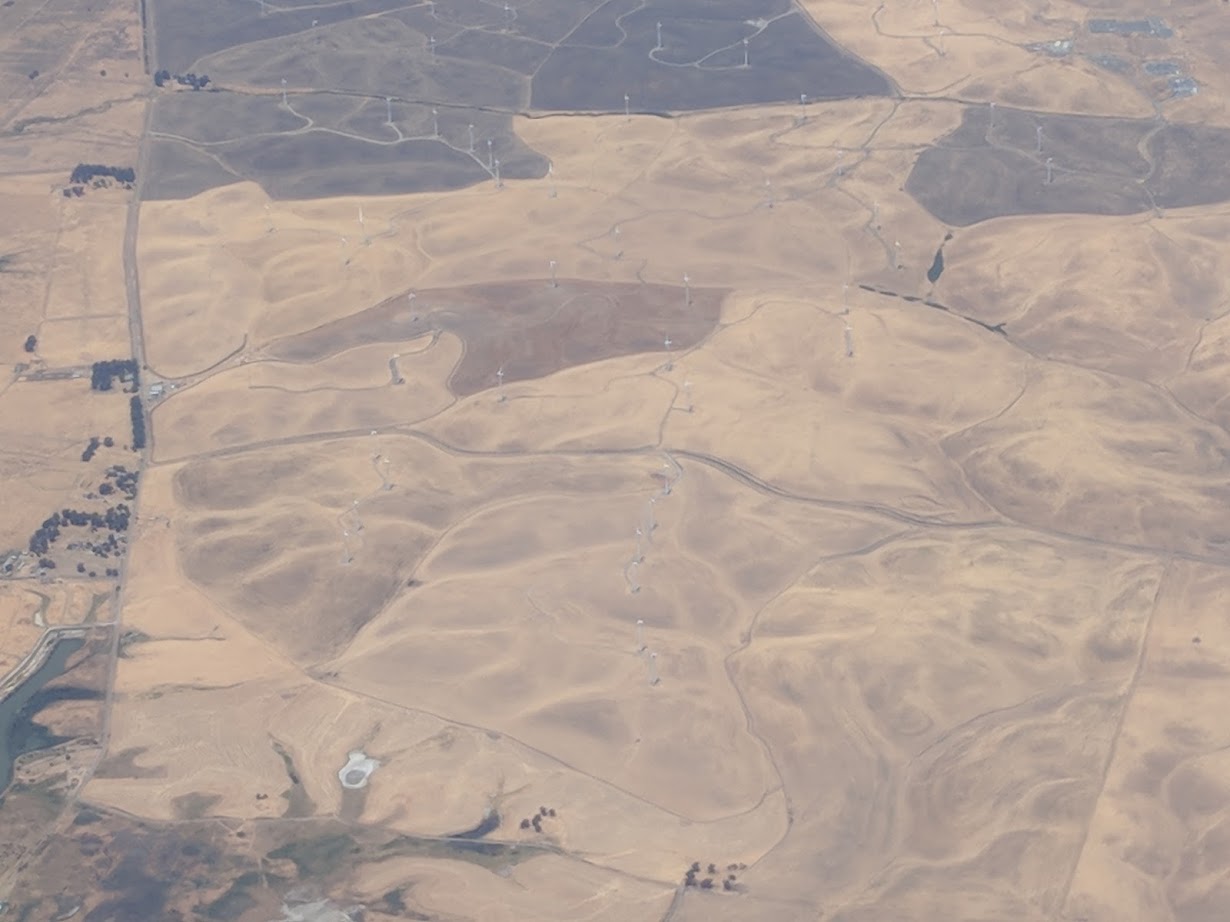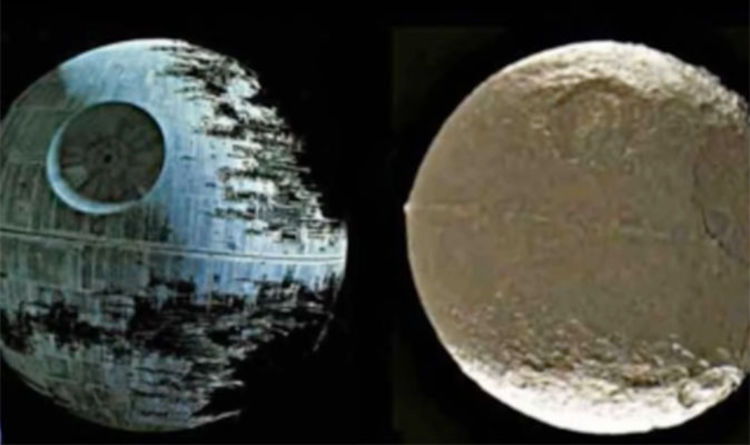So, there's this startup called Wren, they are effectively a subscription service where you pay them a monthly fee (which they immediately pocket 20% of per their FAQ) and then attempt to offset your carbon footprint. Most people will immediately think "hey that's awesome, sign me up" but whoa whoa whoa, pump the brakes there.
I saw someone liken this to the Catholic Indulgence of the Middle Ages, you would sin, and the Catholic Church would tell you how many coins to toss in the coffers to make everyone good with God to avoid temporal punishment. This is how I see Wren.
As I told two of their champions recently when they tweeted/retweeted the company to try and drive awareness to it for the three founders
"Planting trees isn't even a bandaid; it's like cutting your arm off and then gently blowing in the gaping wound. To offset our current CO2 production, you need to add more than 31 million square miles, nearly 16% of the earth's land, of new forest, assuming a healthy density of 40-60 trees per acre."
The figure above is conservative. Add to that the fact we're losing forest at an estimated 28,125 square miles annually... do you realize how many customers you'll have to get to even combat 28,125 square miles annually? The best trees can manage about 48lbs of CO2 per year, and healthy forest is 40-60 trees per acre, that means you're going to need to plant a billion-plus tree a year to even hope to combat current forest loss. A BILLION trees... and I'm not talking twigs, I'm talking 10ft+ trees, in healthy soil, with robust fungal networks (the fungi that work in symbiosis with trees aid considerably in the carbon sequestration and overall tree health).
Seriously, do the math. Don't take my word for it.
I honestly have no idea why Y Combinator selected this company and chose to fund it. Perhaps the 20% off the top of every subscription and banking on the fact that people will feel guilty about climate change and happily fork over money on a subscription model.
In an exchange on the website Hacker News, a site owned and run by the tech accelerator that invested in Wren, some future methods for lowering carbon footprint where mentioned… specifically, one of the founders pointed me to the Project Drawdown (not related to Wren) website.
Well, let's take a look at some of Project Drawdown's ideas (although why would I pay Wren to pocket 20% when I could give Project Drawdown 100%…):
Electric bikes (going to be powered by, fossil fuels mostly)
- Electric cars (going to be powered by, fossil fuels largely, and will remain cost-prohibitive for 95% of the world's population, if not more)
Mass transit takes years or decades to roll out, when funding can even be secured, and all zoning challenges can be met
Alternative cement, this will be great if someone can make a breakthrough, but there has been next to zero progress made on anything that is remotely feasible or even scalable
Bioplastic, while this takes petrochemicals out of the equation, it is still pretty energy demanding and is still not good for the environment, biodegradable does not inherently mean safe.
Recycled paper, or how about doing away with paper as much as possible instead of making recycled paper that requires obscene amounts of toxic chemicals. Why not get legislation passed to outlaw mass mailing, do you know how much mail I throw away each week that is advertisements and solicitations that I never even look at?
Industrial recycling, aside from aluminium and CLEANED glass recycling is mostly a farce. Don't believe me, do your homework, planet money even had an episode on this recently. Plastic is mostly just taken to landfills, even when sent to recycling because unless it is cleaned, it is considered contaminated. In years past, China would happily take this but will no longer buy it to recycle it because of a loss of cheap labor and the pollution recycling it causes.
Autonomous vehicles, multinational companies are having trouble with this and even if they do pass it you likely have years of legal hurdles to get them legal and a decade or more to get people to begin to accept and adopt them in numbers sufficient enough to make them more efficient than human driving as you'll have to remove the bulk of human drivers from the road.
Building with wood is already happening, but it adds considerable cost and still has significant height limits, which still require more land to be turned from green spaces to tarmac and building. Not to mention this wood isn't always sustainably farmed.
Direct air capture is almost certainly never going to happen, barring multiple miraculous inventions. The closest person to doing this is Dr. Klaus Lackner, and even his research has it not being viable, even if you capture in a method like his (a polymer that you then 'wash' the material you still have to sequester it somehow).
Hyperloop, pure fantasy. This will never happen for traveling vast distances. Traveling large distances is one of the problems anyway. Commercial aviation fuel usage has gone up 33% in 9 years.
Refrigerant management, this will help with new appliances but the billion-plus refrigeration/freezer units out there already...
Industrial hemp will just require more land to be planted as farmland won't be sacrificed it, and cotton will be farmed until at least the current generation of farmers dies, farmers don't like change.
Living buildings, they look great in concept art but aren't practical and won't have any meaningful impact. They'll likely take decades just to offset the CO2 emissions from manufacturing the concrete that went into the building's foundations.
Ocean farming and marine permaculture, coastal waters absolutely need kelp and seaweed 'forests' re-established. There are some women in/around the Bay Area working on this - Tessa Emmer, Catherine O'Hare, and Avery Resor. What they are doing needs to be done up and down every last square mile of water with proper depth in the entire world.
Smart grids, if you mean in the United States good luck. This isn't something you are going to be able to have any influence on whatsoever. You'll have to get every single power company in the United States and Canada to voluntarily replace perfectly functioning, costly equipment over a decade or more, and even if you did, they'd pass the cost on to the customer.
Solid-state wave energy, at any scale this is likely to have any number of unforeseen consequences for marine life (probably sound-induced stress for starters) and be quite costly due to the corrosive nature of oceans.
I suspect, based on personal experience, that the vast majority of human beings haven't put 1 minute of thought into global warming, in fact it wouldn't surprise me if there were billions of human beings walking around today that have never even heard of global warming or climate change, aside from noticing each year getting hotter and hotter and weather getting a little more extreme.
We don't need startups taking a 20% vig via a subscription service for a feel-good "I did my part by giving money" company. We need to present the facts, as unbiased as possible, to the masses and get people to start questioning the topic. We need people to start going, "Oh, wow, we did that?" we need them to start thinking, "well, how can I minimize my impact myself?".
More than a third of the world's population lives on less than $2 a day. Do you think that 2.5 billion people can afford to scrape together even $2 a month to offset the CO2 from their cooking?
The median annual household income worldwide is $9,733, do you think that families can afford to pay $10-20 a head worldwide? Do you believe that 1/3 of the world's population can realistically afford that? Do you think by the time that Wren backs out 20%, then the non-profits/NGOs/companies they turn around and give the money to backs out their operating costs, that that amount of money (probably 50% or less of the original contribution) will make even a 10% reduction in last year's CO2 emissions and that it will not only be able to keep pace with the increase, but also continue to increase to the point of getting us not just carbon neutral, but removing 10+ gigatons more than we produce each year to try and restore us to levels of even the 1980s in any reasonable amount of time?
I don't. I think this company is just going to be away for those individuals with a little disposable income, that believe in climate change and feel guilty about driving their car and flying everywhere for vacations, to buy themselves a little 'feel good' or a little peace of mind. Most will probably think they're actually making a difference and that all will be fine.
Even if Wren manages to generate 5 billion dollars a month, and ends passing 4.95 billion down the chain (instead of pocket 1 billion as per the 20% in their FAQ), it's unlikely to even result in sequestering 10% of last year's levels annually. Seriously, run the numbers yourself, everyone that's going to downvote this comment like you are my others, RUN THE NUMBERS, please. You'll see that this isn't going to be the solution, nor is it likely to lead to one. It is the wrong approach to the problem as is.
This is Silicon Valley being clueless and/or overly optimistic as usual with these sorts of markets/challenges, just like YC wanting to turn half of the Sahara into shallow algal pools (which would result in the rainforest losing massive amounts of fertilization and cause a potentially catastrophic change in global weather patterns, not to mention such a project would require more electricity than the plant currently produces).
So, what do we do?
The giving pledge has more than a trillion dollars pledged as of right now, certainly at least one of those individuals or couples has an interest in climate change. With an incredibly small amount of that trillion dollars of pledges, we could gather data and educate people.
- Ask a healthy sampling of random people if they know what global warming is, do they believe in it, have they seen signs of it, is it affecting their life (talk to farmers, ranchers, amusement park operators and owners of tourist destinations, wildfire firefighters, etc. as well as random people).
Then find out what misconceptions there are, what fears there are, what falsehoods people believe.
- Talk to experts: climatologists, entomologists, financial market experts, marine and wildlife, biologists, agricultural sciences types. Find out what effects are being seen right now, get the data from all the fields, get video interviews with them saying who they are - what they do - what they see happening - why it concerns them - if the changes continue what are the probable outcomes in the next 5/10/15 years. Start a campaign, edit this stuff, and start putting it on YouTube, Facebook, Instagram as short clips.
You do this to build awareness. You create plenty of resources that people can use to educate themselves, and you drive interest by raising awareness. The only way we are EVER going to tackle climate change, other than just struggling to adapt to the changes, is by educating people and getting them personally interested.
Go ask 50 random people you know "So, what do you think about global warming", you're probably going to be surprised when several flat out think it's made up and others are along the lines of "I don't know, it might be true, but I can't do anything about it".
We're not going to make changes by paying to protect the Amazon rainforest. We're going to make changes by convincing people they really don't need to take their 4th international vacation in as many years, nor do they need their 3rd iPhone in 5 years, that their year and a half old MacBook is perfectly fine. They don't need the newest model just because it now has ultra holographic flurm instead of super holographic flurm because all they do is watch YouTube and write emails with the damn thing.
People can make small changes that add up to significant changes when you get widespread adoption.
People will illegally harvest lumber as long as there are trees, there are people literally stealing entire BEACHES, lumber (especially exotic hardwoods) sell for way more money than sand. But what if we can convince people to make some small changes:
Do you like meat? Eat chicken instead of beef, it is an order of magnitude better per pound of meat as far as greenhouse gas emissions, not to mention land use
71F is a wonderful temperature for that AC, but is 72F so bad?
So, you want to fly a bunch of founders out to the Bay Area for in-person interviews for your tech accelerator batch? Seriously, can't you use skype? Sure it's slightly annoying with the delay, but it'll save a couple of tons of CO2 per person.
You live alone, do you need four lights on in the kitchen and your bedroom when you've been in the living room for the past six hours? And why is your tv and soundbar on, you've had headphones on listening to classical music while you stare at your laptop screen playing GorkaMorka 27 or trying to finish some code.
You have to educate the masses if you want to make a change. Just because you, or I, or that guy over there recognize climate change at varying levels, does NOT mean that the majority of people do.
And you know what happens when you start to get the masses interested? You actually stand a chance out getting legislation passed that can begin to put pressure on companies. Lobbyists carry a lot of weight, but if you can sway enough voters to acknowledge climate change is an issue, then you stand a much better chance of putting pressure on existing politicians, or removing them during voting cycles and installing politicians that do care and start to create a legal framework to force change. Change in community planning, change in tax incentives, change in legal requirements, make it illegal for HOAs to tell homeowners they can't have PV panels "because they hurt property values and ruin visual appeal!".
You know encouraging people to eat locally grown food, instead of eating exotic fruit like bananas and coffee and oranges, year-round that get shipped from halfway around the world will have more impact than giving 20$ a month to "protect the amazon". Yes, we should protect rainforests because of the incredible biodiversity, but ehhhh, a subscription service to wash the guilt from your conscience (not unlike the Medieval Indulgence system) is not a realistic solution, at any meaningful level anyway.
Under their current model, for every 1$ you give Wren, they pocket 20 cents and then hand 80 cents off to another organization (of their choosing) with, as far as I can tell from their site, zero information on how your money is being applied, who exactly they are giving it to, if that organization is for or non-profit and how much they are spending on overhead before actually doing something with the money, etc. Right now, there are vague mentions of stopping illegal logging, and that's it. Doesn't say what company, what organizations, what countries, how or who.
What they do document well, is their roadmap... how they want to spend your money internally, not directly to some sort of carbon sequestration efforts.
They want to:
make it easy to unsubscribe from Wren
increase site performance internationally
add sharing features
add how to change your subscription to their FAQ
handle declined card errors
Great, but what are you doing with the other 80% of the money someone gives you?






